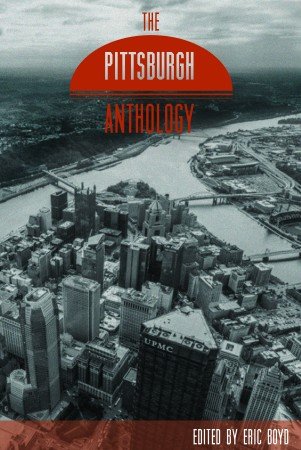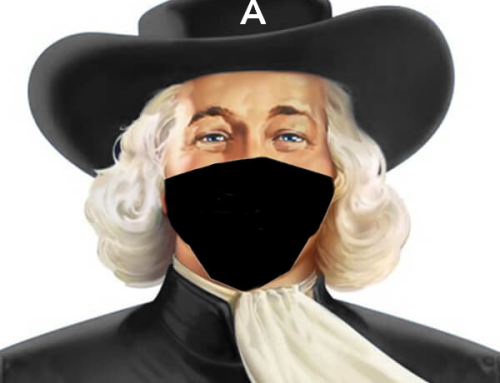We talked with Eric Boyd, editor of Belt’s Pittsburgh Anthology, about the role the local and national media played in the election in Pittsburgh and western Pennsylvania.
BELT: What are your main reactions to the election, from your vantage point in Pittsburgh?
 Boyd: Pittsburgh went heavy blue but it seemed like you saw a hell of a lot more Trump lawn signs than Clinton; for every one Clinton sign there were three Trumps, often flanking the Clinton one if it were on public or roadside land. I knew early that Pennsylvania would be a heavier battleground than national news was accounting for, but I still thought the larger number of Trump signs were people buying in bulk and planting them as heavily as possible. I’d personally seen a guy open up his van and have over twenty signs inside of it, ready to go.
Boyd: Pittsburgh went heavy blue but it seemed like you saw a hell of a lot more Trump lawn signs than Clinton; for every one Clinton sign there were three Trumps, often flanking the Clinton one if it were on public or roadside land. I knew early that Pennsylvania would be a heavier battleground than national news was accounting for, but I still thought the larger number of Trump signs were people buying in bulk and planting them as heavily as possible. I’d personally seen a guy open up his van and have over twenty signs inside of it, ready to go.
BELT: What role do you think the national media played in Pittsburgh before the election? After?
Boyd: Nationally I think too many people had this in the bag for the Democrats, and that was definitely the case in Pennsylvania. Certainly the state was close at different points in the race, sometimes within the margin of error, but nobody was calling it a close race on the major networks. I heard so many people, myself included, say things like, “I can’t wait to see how bad Trump loses.” As far as I’d seen, the numbers were there.
BELT: Going forward what do you see as priorities for those seeking an independent, alternative, and/or oppositional press in Pittsburgh
Boyd: Here in Pittsburgh we have the Tribune-Review and the Post-Gazette. The Trib recently quit physical printing and is now online only; it was the more right-leaning paper in the area but now the Post is soft-pedaling towards that spot, even recently writing a soft endorsement of Trump as an end result of the mainstream political establishment’s failure. That article was a shock to a lot of people. Past the one major paper here, there are some weekly publications like the City Paper that go hard-left for people seeking that sort of thing, but even their longform stories have gone online, so a good deal of political coverage will be listicles or shortform pieces.
Belt asked editors and authors of our books for their views on the media and the election based on their local perspectives. For other pieces in this ongoing series, see Anna Clark’s argument for supporting journalism, Ted McClelland on the Rust Belt as political and economic bellwether, Mark Athitakis on the export of Rust Belt jobs to the southwest, and more to come.






